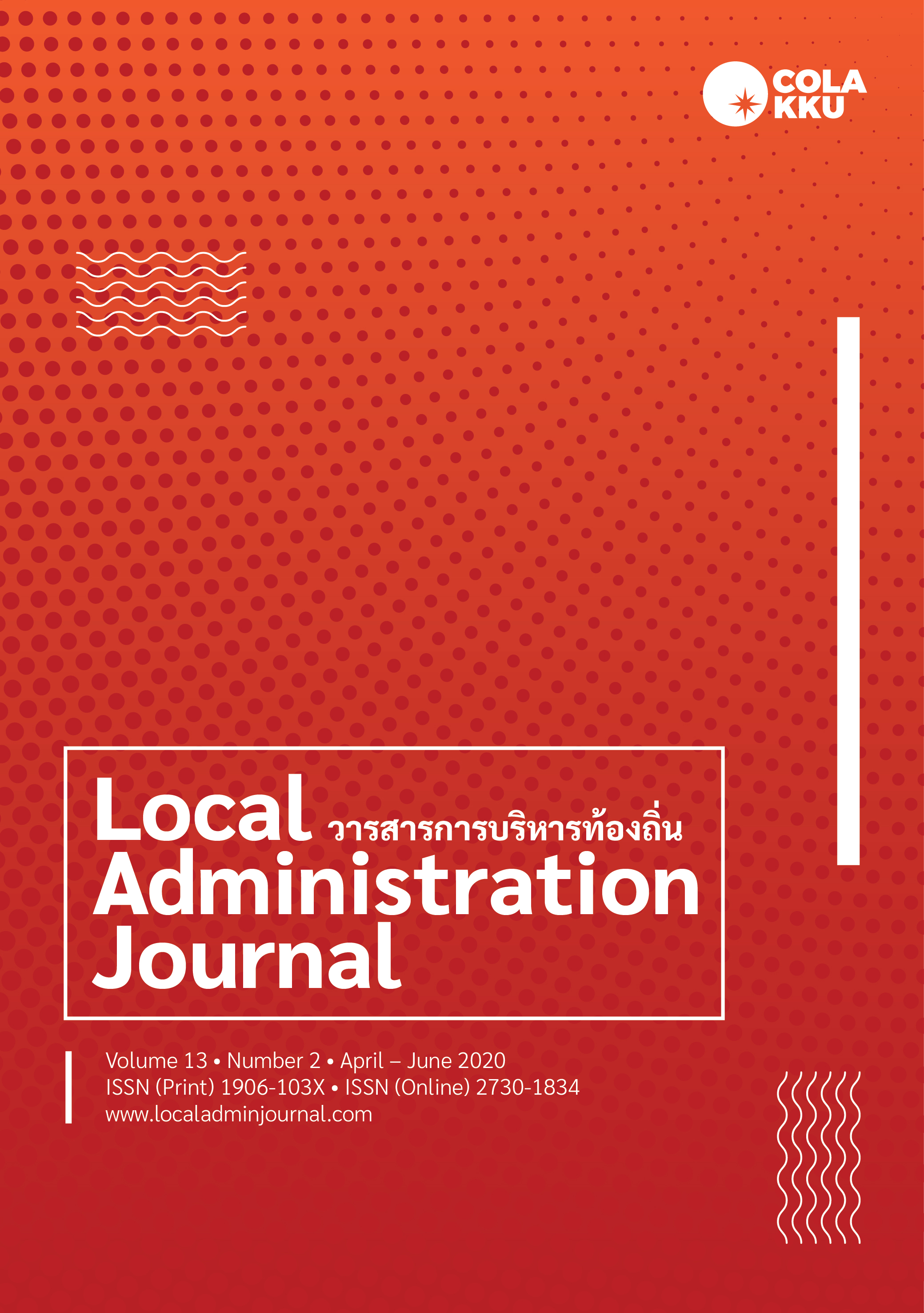The Family Empowerment: A New Approach to Social Development Experience of the Posdaya
Keywords:
Posdaya, Damandiri Foundation, family empowerment, bottom-up approach, community development, MDGsAbstract
Abstract
Pos Pemberdayaan Keluarga or Posdaya (Family Empowerment Post), as a model of community empowerment in Indonesia, was implemented in 2006. It followed the Indonesian National Family Planning Coordinating Board (BKKBN), which was built on a community-based approach rather than a vertical clinical approach, through which the community became the focal point of the program, inviting young families to participate in family planning. Within five years, this community-based approach was expanded nationally. Through this approach, communities were invited to establish Family Planning posts (KB Posts) in each village to extend family planning services to the participants. KB Posts eventually became the center of the national family planning program. In 1989, thanks to the community-based KB Posts and family empowerment approaches, the Indonesian family planning programs received the United Nations Population Award. In 2000, the UN launched the Millennium Development Goals (MDGs) program, but the Indonesian government showed little initial interest. However, a non-profit NGO, the Damandiri Foundation, continued the family empowerment program through Posdaya in the villages to achieve MDGs with the help of universities, local governments, and volunteers. Posdaya is a forum to empower village families to jointly build the "beyond family planning programs” in the areas of education, entrepreneurship, and the environment, in addition to health, family planning, and the status of women. When the Indonesian government began its massive community development program in 2015, the Posdaya ceased its operation with the number of Posdayas at about 60,000, many subsequently incorporated into the government program.
Keywords: Posdaya, Damandiri Foundation, family empowerment, bottom-up approach, community development, MDGs
References
References
Badan Kependudukan dan Keluarga Berencana Nasional (BKKBN). (2005). BKKBN Annual Report. Jakarta: [n.p]
Badan Kependudukan dan Keluarga Berencana Nasional (BKKBN). (2019). Laporan KB Mandiri. Jakarta: [n.p]
Beppenas. (2010). Laparan pencapaian tunguan pembangunan millennium di Indonesia.
(The achievement report for the millennium development goals in Indonesia). Jakarta: Beppenas.
Damandiri Foundation. (2005). Buku petunjuk pelaksanaan Pasdaya [Handbook of implementation of Pasdaya]. Jakarta: Damandiri Foundation.
Damandiri Foundation. (2006). Buku tetunjuk KKN Posdaya [Posdaya KKN designation book]. Jakarta: Damandiri Foundation.
Damandiri Foundation. (2014). Final report of community empowerment program in Indonesia. Jakarta: Damandiri Foundation.
Jakarta Tempo. (2006). “Presidential meeting with all Governors and Bupati,” Jakarat Tempo, October 2006.
Lenica, J. & Sauvy, A. (1962). Population explosion. New York: Dell Publishing.
Meadows, D.H., Meadows, D.L., Randers, J., & Behrens, W.W. III. (1972). Limit to growth. Potomac Associates-Universe Books.
Meiriki, A. (2019). Family Empowerment Post (Posdaya) in social relation perspective in community empowerment. International Journal for Educational and Vocational Studies, 1(7), 795-799.
Moore, M.H. (1995). Creating public value. Harvard University Press.
Muljono, P. (2013). “Performance evaluation of Posdaya as family empowerment model in Indonesia,” Asian Journal of Humanities and Social Studies, 1(4), 173-178.
Mujljono, P., Purwono, J., Cahyadi, E.R., & Hamzah. (2019). Economical empowerment index of Posdaya as participatory of community empowerment programme in Indonesia. Italian Sociological Review, 9(1), 65-96.
Ness, G.D. & Ando, H. (1985). The land is shrinking. Baltimore: Johns Hopkins University Press.
Sadono, D., Saharuddin, Yusalina, Burhanuddin, Sarianti, T. (2017). “Community satisfaction toward Posdaya assistance program in West Java,” MIMBAR, 33(1), pp. 11-20.
Suharto, E. (2005). Building the community empower the people. Bandung: Refika Aditama.
Suyono, H. (2007). Eradicating poverty. National Seminar Paper, Malang: Brawijaya University.
Suyono, H. (2009). Handbook of Posdaya development. Jakarta: Balai Pustaka.
Suyono, H. & Parsons, J. (2010). ‘Posdaya’ A paradigm shift in people centered development. Jakarta: Damandiri Foundation.
United Nations. (1995). Report of the International Conference on Population and Development, Cairo, 5-13 September 1994. New York: United Nations.
United Nations Population Fund. (1994). Programme of action: Adopted at the International Conference on Population and Development, Cairo, 5-13 September 1994. New York: United Nations Population Fund.
United Nations Development Programme. (2017). The Millennium Development Goals Report 2015. Retrieved from www.undp.org/content/undp/en/home/librarypage/mdg/the-millennium-development-goals-report-2015/s.html
United Nations. (2020). Sustainable Development Goals. Retrieved from www.sustainable development. un.org/?menu=1300
Downloads
Published
How to Cite
Issue
Section
License
The copyright of all articles published in the Local Administration Journalis owned by the College of Local Administration, Khon Kaen University.



